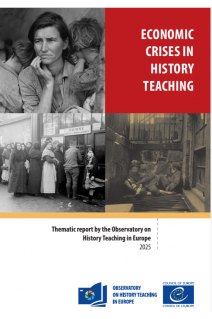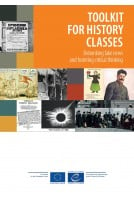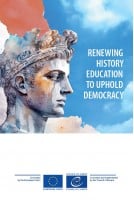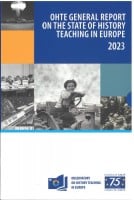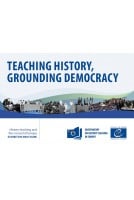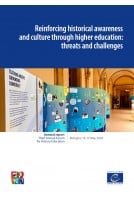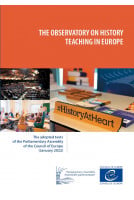Chapter 1. Introduction
The Observatory on History Teaching in Europe
Why are economic crises a relevant topic for history teaching?
Defining economic crises
Summary of key findings
Chapter 2. Methodology
Organisation of the research process
Research instruments
Data collection
Analytical methods
Chapter 3. Curriculum analysis
Economic crises in history curricula – Compulsory or elective?
Temporal scope
Geographical scope
Approaches and perspectives
Representing societies’ diversity
Macro- and micro-historical perspectives
Competences, methods and cross-curricular links
Concluding remarks
Chapter 4. Textbook analysis
Temporal scope
Geographical scope
Approaches and perspectives
Macro- and micro-historical perspectives
Representing societies’ diversity
Economic crises as a challenge to democracy and a breeding ground for dictatorship
Cross-curricular links
Methods
Historical solutions to economic crises
Degree of difficulty of set tasks and exercises
Competences
Concluding remarks
Chapter 5. Teaching economic crises: an exploratory study of teachers’ views
Allocation of time
Topic specifications
Significance of teaching economic crises in teachers’ perceptions
Perceived interest of students in learning about economic crises
Cross-curricular connections
Teachers’ opinions on cross-curricular teaching
Teaching methods
Geographical scope
Teaching approaches and perspectives
Use of educational resources other than textbooks
Teachers’ satisfaction with the treatment of economic crises within national curricula
Teachers’ satisfaction with the treatment of economic crises in teaching materials
Concluding remarks
Chapter 6. Conclusions
Main findings
Current approaches and future perspectives
References Appendix 1. List of analysed curricula
Appendix 2. List of key terms
Appendix 3. Inclusion of topics related to economic crises in national history curriculum by country
Appendix 4. List of analysed textbooks
Contributors
